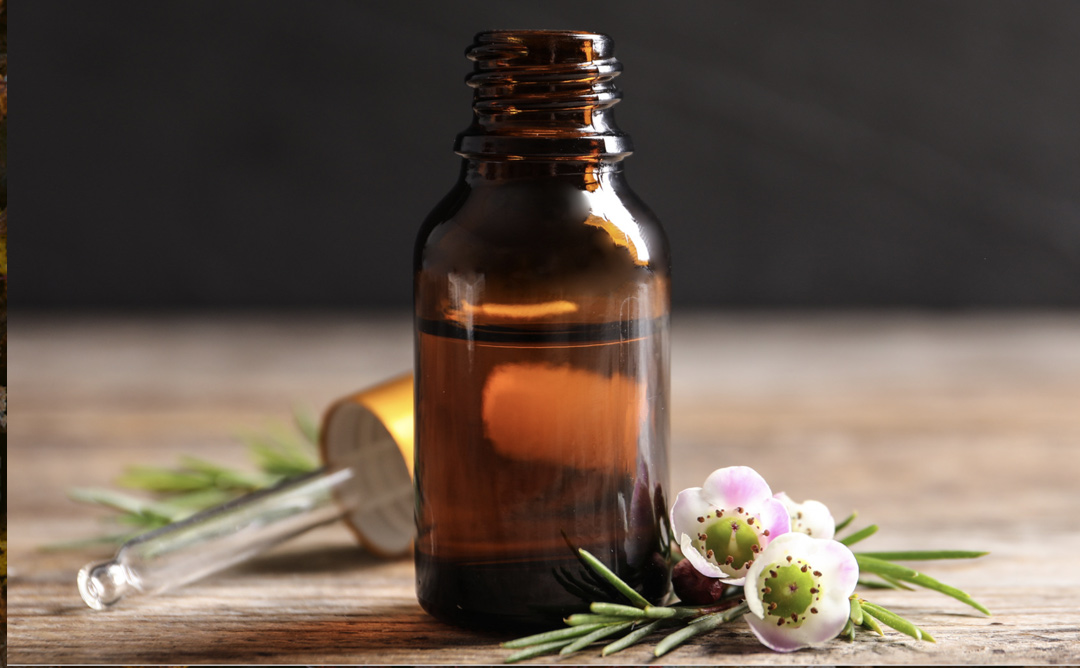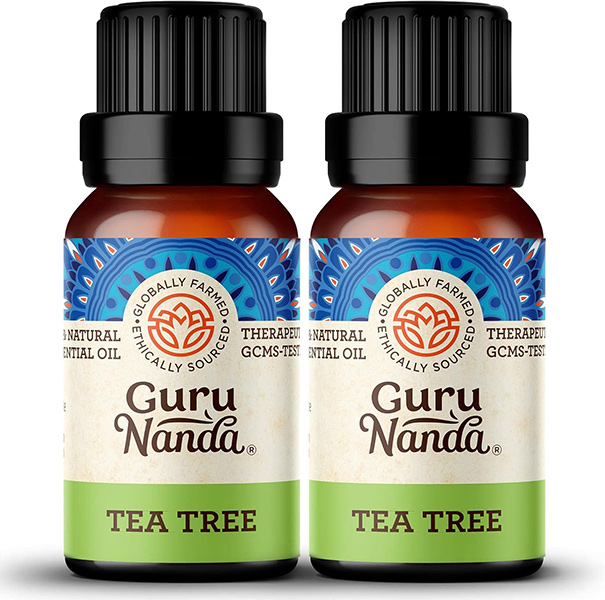
Local Honey is a Natural Remedy for Seasonal Allergies

Harnessing the Healing Power of Local Honey: A Natural Remedy for Seasonal Allergies
Ah, springtime—a season of longer, warmer days, the melodious chirping of birds, vibrant blooms adorning the landscape, and the return of lush greenery to the trees. Yet, amidst this picturesque scene, lurks the inevitable arrival of allergies. It seems only fitting that amidst the splendor of spring, there must be something to challenge our senses, doesn’t it? Without fail, every year brings the same challenge: itchy, watery eyes, a runny nose, and a sore throat—classic symptoms of seasonal allergies. However, amidst this annual struggle, I’ve discovered a secret weapon that makes a significant difference: honey! But not just any honey—local honey. Local honey is a sweet solution that holds the promise of relief from seasonal allergies. Let’s explore the benefits of local honey and its role in combating seasonal allergies.
Prize Winning Benefits:
- Immune System Support: Local honey is rich in antioxidants, enzymes, and beneficial nutrients that support a healthy immune system. Consuming honey sourced from your local area exposes your body to small amounts of pollen, acting as a natural immunotherapy and helping to build resilience against seasonal allergens.
- Allergy Symptom Relief: Regular consumption of local honey may help reduce the severity of allergy symptoms such as sneezing, runny nose, and itchy eyes. The gradual exposure to local pollen through honey consumption can desensitize the body’s immune response, leading to fewer allergic reactions over time.
- Anti-Inflammatory Properties: Honey contains anti-inflammatory compounds that can help soothe irritated mucous membranes and reduce inflammation associated with seasonal allergies. This can provide relief from congestion and respiratory discomfort caused by allergic reactions.
- Natural Energy Boost: In addition to its allergy-fighting properties, honey serves as a natural energy booster, providing a quick source of carbohydrates for the body. Incorporating local honey into your diet can help sustain energy levels and combat fatigue often associated with allergy symptoms.
- Supports Digestive Health: Local honey contains prebiotics, which promote the growth of beneficial bacteria in the gut. A healthy gut microbiome is essential for optimal immune function and may contribute to overall allergy resilience.
When selecting local honey for allergy relief, opt for raw, unfiltered varieties whenever possible. These retain the highest levels of pollen and enzymes, maximizing the potential allergy-fighting benefits. I choose local honey for my allergy needs because allergy medication just doesn’t cut it for me. I get way to many side effects while taking it that just aren’t worth it to me. Here’s some side effects you may be getting from your allergy medication.
A great place to start is supporting your local farmer’s markets. Take a look to see where your closest one is:
The Farmers Market Directory
Side effects from allergy medication may include:
- Drowsiness: Many over-the-counter and prescription allergy medications, particularly antihistamines, can cause drowsiness and sedation. This effect can impair concentration, coordination, and alertness, impacting daily activities and productivity.
- Dry Mouth: Some allergy medications, particularly antihistamines, can lead to dry mouth as a side effect. This occurs due to the medication’s anticholinergic properties, which can reduce saliva production and result in discomfort.
- Dizziness: Certain allergy medications may cause dizziness or lightheadedness, especially when standing up quickly or after prolonged use. This side effect can increase the risk of falls and accidents, particularly in older adults.
- Blurred Vision: In some cases, allergy medications may cause blurred vision or difficulty focusing. This side effect can affect visual acuity and may interfere with activities such as driving or reading.
- Nausea or Upset Stomach: Allergy medications, particularly those containing decongestants, can cause gastrointestinal side effects such as nausea, vomiting, or stomach upset. These symptoms may be more common with higher doses or prolonged use.
- Increased Heart Rate: Decongestants found in some allergy medications can stimulate the heart and increase heart rate and blood pressure. Individuals with cardiovascular conditions should use these medications cautiously and under medical supervision.
- Urinary Retention: Certain antihistamines and decongestants may interfere with bladder function, leading to difficulty urinating or urinary retention, particularly in men with prostate enlargement.
Local honey offers a natural and delicious approach to managing seasonal allergies. By incorporating this golden elixir into your daily routine, you can support your immune system, alleviate allergy symptoms, and embrace the healing power of nature. While local honey is not a cure-all for allergies, it serves as a valuable tool in the holistic arsenal of natural remedies, providing relief and promoting well-being in harmony with the seasons. Check out Margie Espe’s blog on nettle for allergies as well here: Nettle: Nature’s Remedy for Allergies.
Join Our Facebook Group
Disclaimer: We are an affiliate of many companies, which means that we may receive a commission if you click on our affiliate link and make a purchase. However, this does not affect our reviews and comparisons. We strive to provide honest opinions and recommendations based on our own experiences and research. Any product claim, statistic, quote, or other representation about a product or service should be verified with the manufacturer, provider, or party in question.






